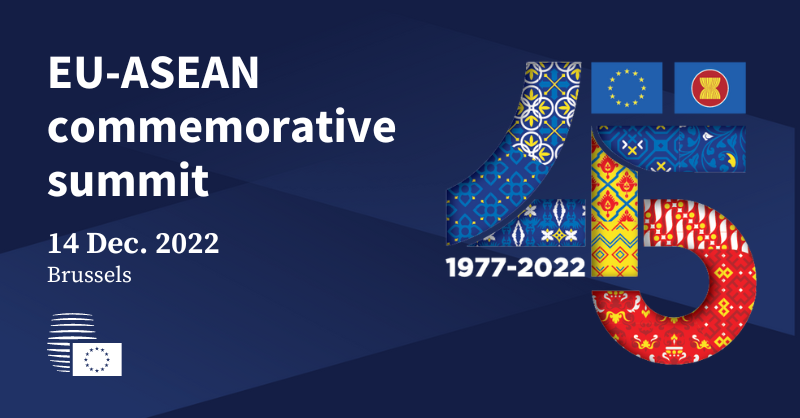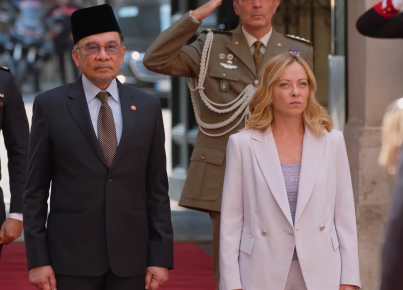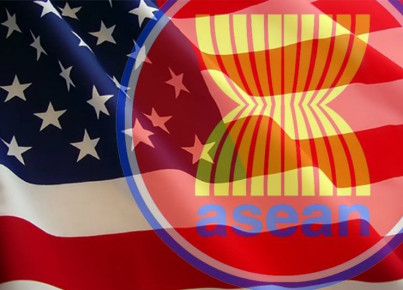The leaders of the two blocs meet in Brussels to celebrate the partnership and find new spaces for cooperation
By Chiara Suprani
The 14th of December 2022, the heads of state and national leaders of the ASEAN bloc countries and the European Union will meet in Brussels for the first time, to commemorate the 45th anniversary of the formalization of the bilateral partnership, elevated to "strategic partnership" as reported by High Representative for Foreign Affairs and Security Policy Josep Borell in a speech of August 4th 2022. All the heads of state will be present, with the exception of the Burmese leaders, while the response of the freshly appointed Malaysian Prime Minister is still awaited. In view of the events that have characterized recent years, the occasion, preceded by two meetings on December 13th, the Youth Summit and the tenth EU-ASEAN Business Summit, is of great importance. Given the international climate, security will be one of the key themes of the event. Brussels could try to get a clearer position from the ASEAN countries on the Russian invasion of Ukraine, in order to receive more guarantees on compliance with EU sanctions imposed on Russia. The event, co-chaired by Cambodia, which holds the ASEAN presidency until the end of the year, will address key issues in the bilateral relationship between ASEAN and European countries such as trade and sustainability, renewable energy, investment and connectivity. Some of these key junctions have already been preceded by bilateral agreements between member countries such as the "Partnership for Sustainability" between Sweden and Indonesia. Jakarta, which will hold the ASEAN presidency for 2023, has gone through 11 rounds of negotiations to draft a free trade agreement with the EU, which has not been reached yet. According to The Diplomat, the EU should aim for a negotiated compromise with Indonesia, in order to get the latter to sign the treaty, a compromise similar to the one granted to Vietnam and Singapore, countries with which it closed negotiations by also lowering development and ecological standards. However, on December 6th, Brussels passed a new law to prevent the import of goods responsible for deforestation. The law has been strongly criticized by Vietnam, Malaysia and Indonesia. Among these products there are: coffee, soya and palm oil, crops that in 2020 recorded exports of 2, 17 and 27 billion US dollars respectively. According to Nikkei Asia, the EU at the 45th Anniversary Summit will encourage Southeast Asia to assume important roles in global supply chains, following the logic of the "friend-shoring". The neologism of the "friend-shoring" takes up the idea of the previous on-shoring and off-shoring, but linking the relocation in countries that are considered friends. Additionally, ASEAN and the EU signed a new level of connectivity cooperation in October with the Comprehensive Air Transport Agreement (CATA AE), the world’s first agreement of this kind. The agreement not only benefits travellers with direct access to new destinations, but also calls for a greater level of coordination, managerial as well, between ASEAN countries. With 2023 just around the corner, a general easing of the pandemic containment measures, and the signing of the CATA, there are conditions for new business opportunities for European companies, which guarantee fair and transparent market conditions. Finding the right channel of communication between interests, needs and sustainable standards could be one of the hot spots of the December 14th dialogue. Yet, between the Covid-19 pandemic and the Russian-Ukrainian war, amid slowdowns in supply chains, the strategic export bans of individual member states to prevent further economic crises the perceptions of the bilateral relationship appear to be positive. According to the EU-ASEAN Business Sentiment Survey, the Southeast Asian region is considered first for better economic opportunities in the next 5 years. Not only that, in general all the prospects for trade and investment have obtained in the survey positive growth expectations. In conclusion, on the 14th December, many eyes will turn to Brussels and the still untapped potential of the ASEAN-EU bilateral relationship.






